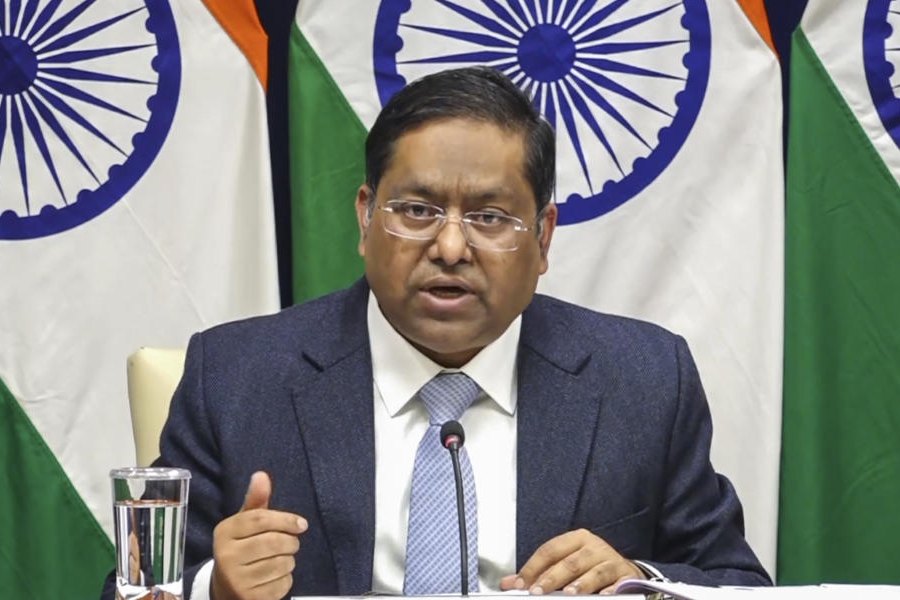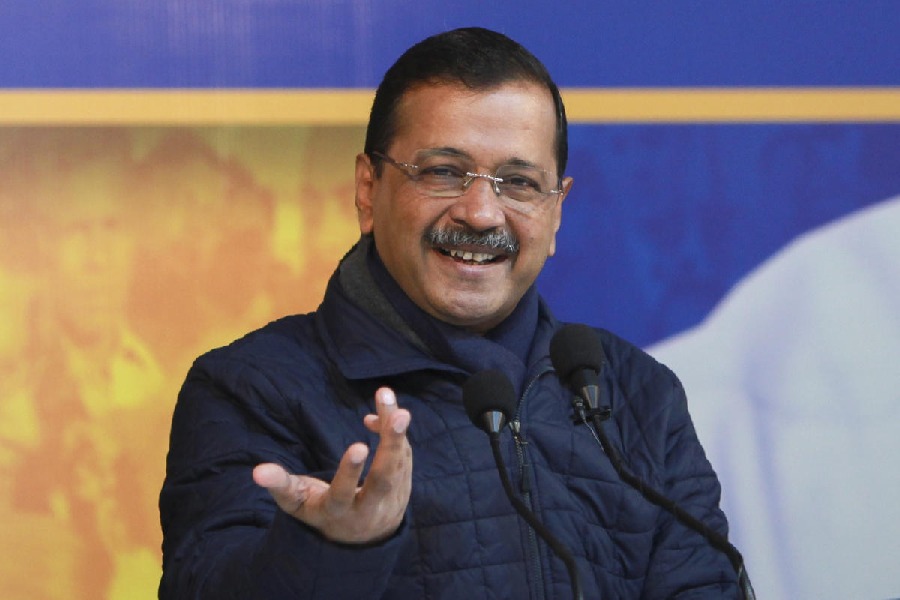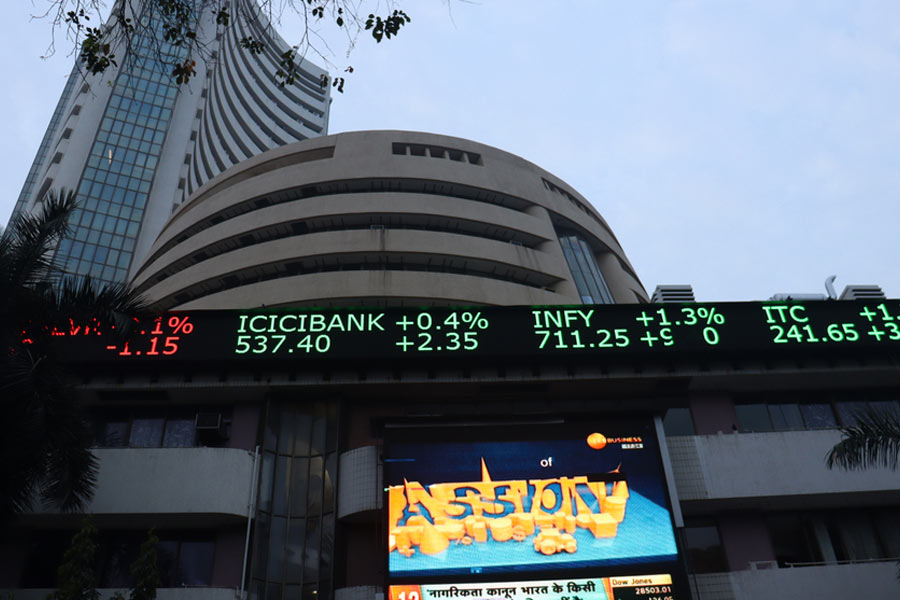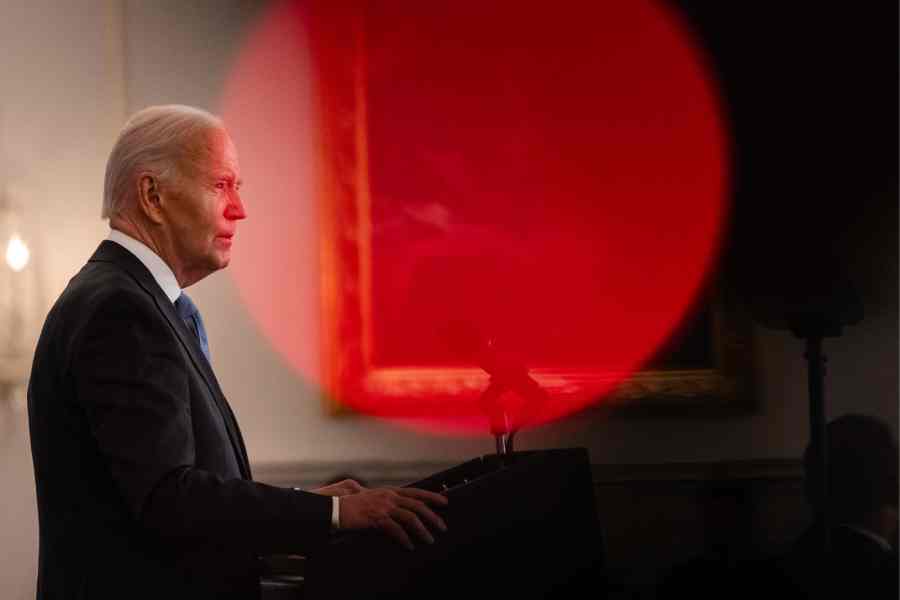The Narendra Modi-government on Thursday said it would set up the 8th Pay Commission to revise the salaries of over 49 lakh central government employees and pensions of nearly 65 lakh retirees.
The announcement comes ahead of the February 5 assembly elections in Delhi, where there is a significant concentration of government employees and pensioners.
“The Prime Minister has approved the formation of the 8th Pay Commission to ensure timely revisions to salaries and pensions,” Ashwini Vaishnaw, minister for information and broadcasting, said.
The commission, expected to be formed in 2025, will give its recommendations ahead of the expiry of the 7th Pay Commission’s term in 2026. Vaishnaw said the government would soon appoint a chairman and two members of the panel.
Delhi is expected to benefit disproportionately: sources estimate that about four lakh central government employees in the city — including defence personnel and Delhi government staff, whose pay scales typically align with central recommendations — will see increases.
The timing of the announcement is politically charged. Central government employees and pensioners form a sizable and influential voting bloc in the capital, and the move could sway their support in the elections.
Asked if this was a violation of the Model Code of Conduct (MCC) or not, former CEC T. S. Krishna Murthy told The Telegraph, “The CEC (Rajiv Kumar) had said in the press conference declaring the Delhi elections that so long as it is not Delhi specific, the central government can announce it in the budget.
“This probably gives a clue. Pay Commission is a central government issue, not specific to Delhi. Whether it is right or wrong will surely be debated. In the UP elections (of 2012), all the elephant statues were covered. How far can we take the MCC is a grey area. These are things that evolve over a period of time,” he said.
Aditi Nayar, chief economist, Icra, said “while the award related to the 8th Pay Commission is unlikely to affect fiscal metrics in FY2026, the potential impact of the same should be built into the new medium-term fiscal consolidation path as well as the Finance Commission’s recommendations”.
The 7th Pay Commission, implemented in 2016, raised salaries and allowances by 23.55 per cent, increasing the entry-level monthly pay from ₹7,000 to ₹18,000. The changes required a fiscal outlay of ₹1 lakh crore in the first year.
The 8th Pay Commission will similarly review pay structures, allowances, and pensions.










